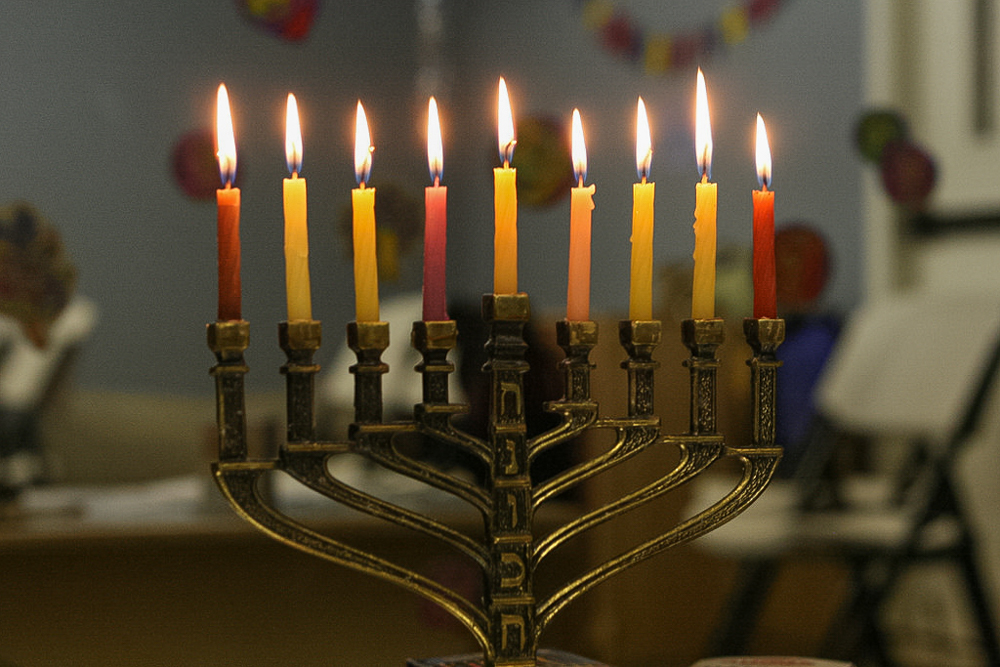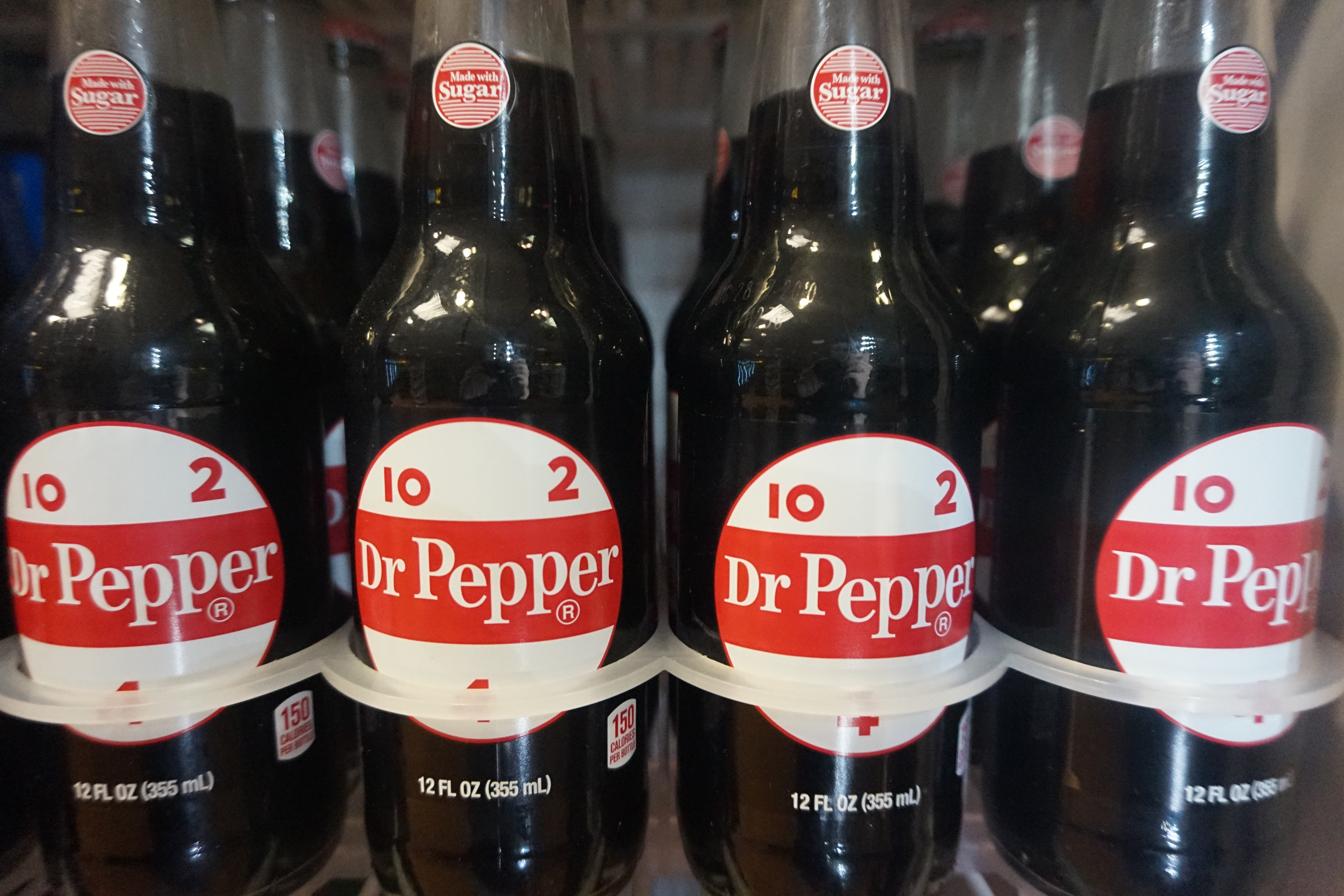Today marks the last day of Hanukkah, which begins annually on the 25th day of Kislev and spans eight days.
According to NPR, the holiday commemorates a successful campaign led by Judas Maccabeus against the Seleucid Empire of the second century BCE, whose king enforced the worshipping of Greek gods.
Associate Professor of Judaic Studies Loren Spielman commented on the history. “The rabbis of the Babylonian Talmud were the first to suggest that the celebration of Hanukkah should focus on the ‘publication of a miracle,’” he said. Following the Maccabean Revolt, Jews rededicated the Temple by lighting the menorah. According to tradition, only one day’s supply of oil was inside the temple, though the menorah remained lit for eight days instead. This story is commonly referred to as the miracle of oil.
According to Dr. Michael Feldberg, executive director of George Washington Institute for Religious Freedom, throughout the 19th century and into the 20th century, Hanukkah changed in North America to be more of a celebration of family, adopting Christian-dominated traditions such as gift-giving. Hanukkah has now transformed into a facet of the winter holiday season, and is now emblematic of a variety of meanings. “To some, it is a celebration of the restoration of the Temple; to others a symbol of victory over oppressors [and] a time to celebrate light in a dark season,” Spielman said.
Natan Meir, chair of the Judaic studies program at Portland State, discussed how Hanukkah has been integrated—even though it’s not a high holiday like Yom Kippur—and how that may be emblematic of how Judaism is represented in the United States. “On the one hand, there’s something wonderful about it because I don’t want to go back to the days when it was just Christmas everywhere and nothing else was acknowledged,” he said. “But the other extreme is almost this false sense of ‘everyone is now included.’”
While other celebratory traditions have been incorporated into the holiday, the only essential tradition of Hanukkah is the lighting of the menorah. “It has never really been a major Jewish holiday, like Passover or Rosh Hashanah; it is not mentioned in the Hebrew Bible,” Spielman added. “There are no prohibitions to doing work on Hanukkah, and the only required observance is the lighting of a candle for each night of the holiday in ascending order from one to eight…In the U.S., some Jews took on the added practice of exchanging gifts, though this was not originally part of the holiday.”
Hannah Bellinson, Jewish communities chair for PSU’s Jewish Student Union, spoke on her experiences celebrating Hanukkah as a time for family and the customs both traditional and specific to her family. “One unique thing that my family does is we dedicate each night to someone else,” she said. “Often times we would choose friends or family, while other times we would choose celebrities or well-known people. Each night, whoever light[s] the candles would choose who that night was dedicated to.”
Elyssa Hurwitz, Jewish experience engagement associate for PDX Hillel, also spoke about the Jewish experience surrounding Hanukkah and the effects of its close proximity to Christmas. “I know something the students I work with are struggling with is why it’s such a widely celebrated holiday when it isn’t that important,” she said. “They know it’s because of assimilation into American culture when their families moved here, and I think that’s something we’re all struggling with right now.”
“Something I think about a decent amount is, ‘as an ethnic and religious minority, what are Jews losing by assimilating into American culture/society?’ Whatever assimilation looks like to each of us.”





